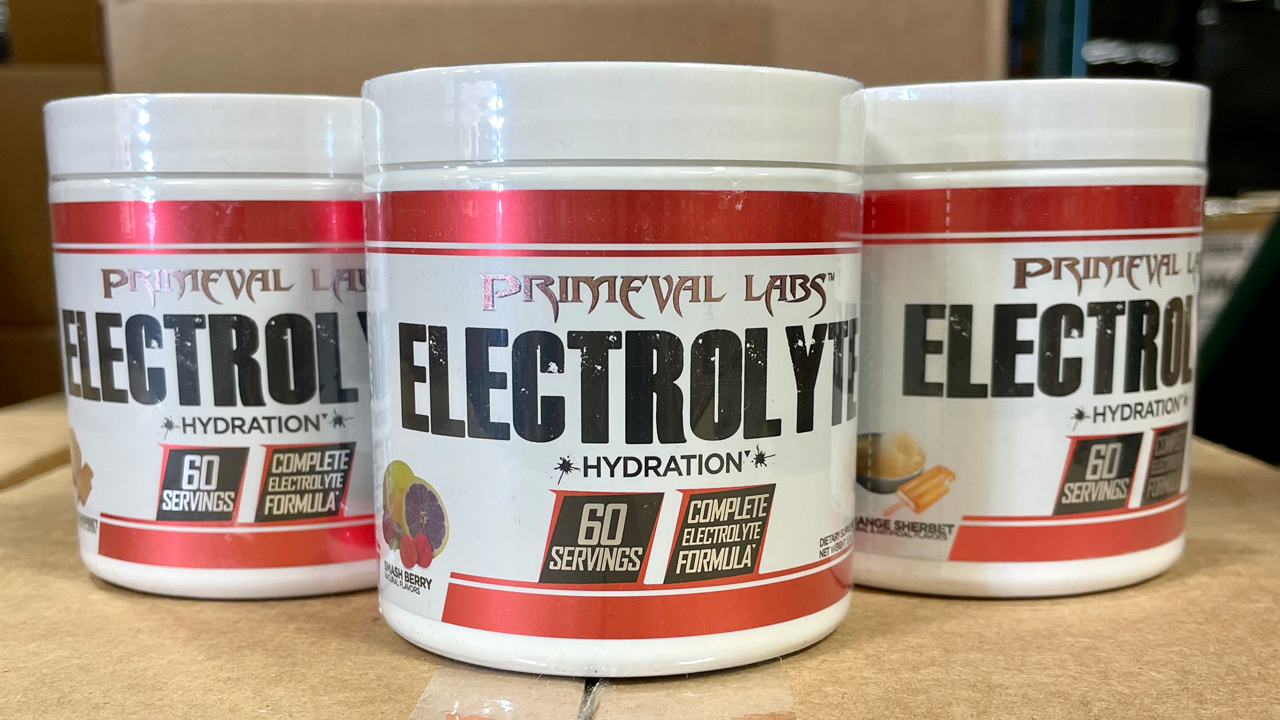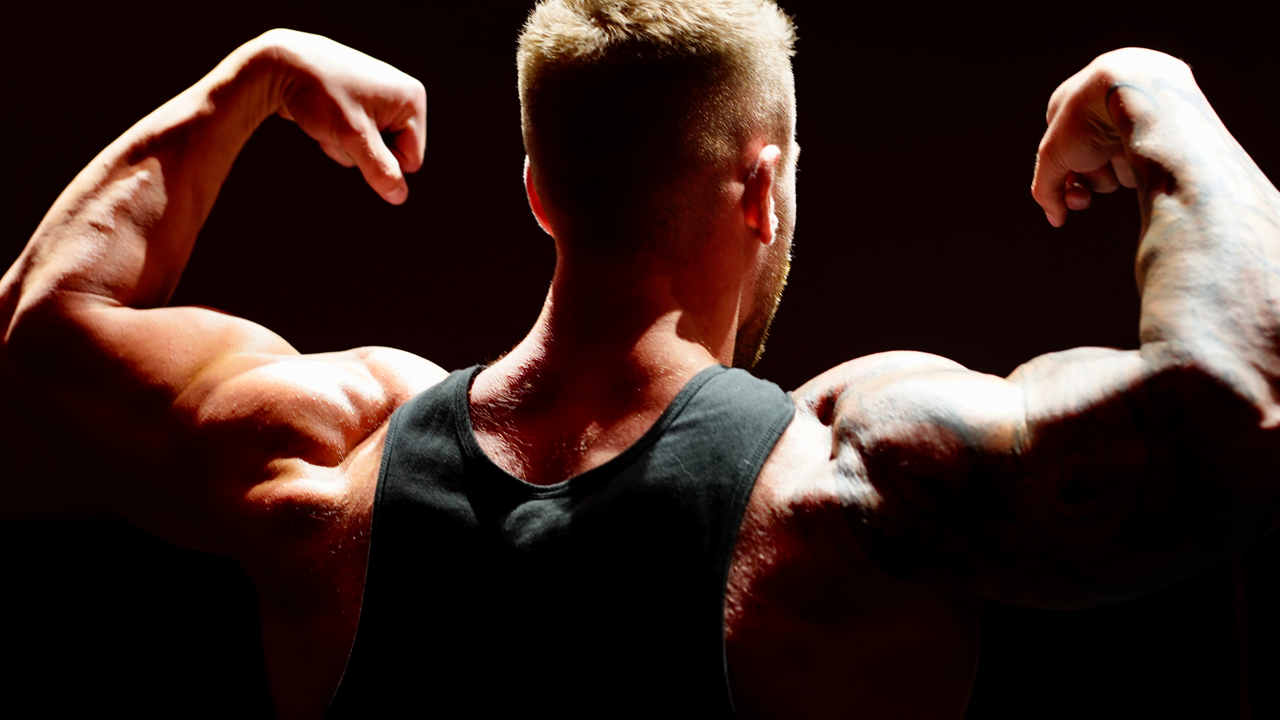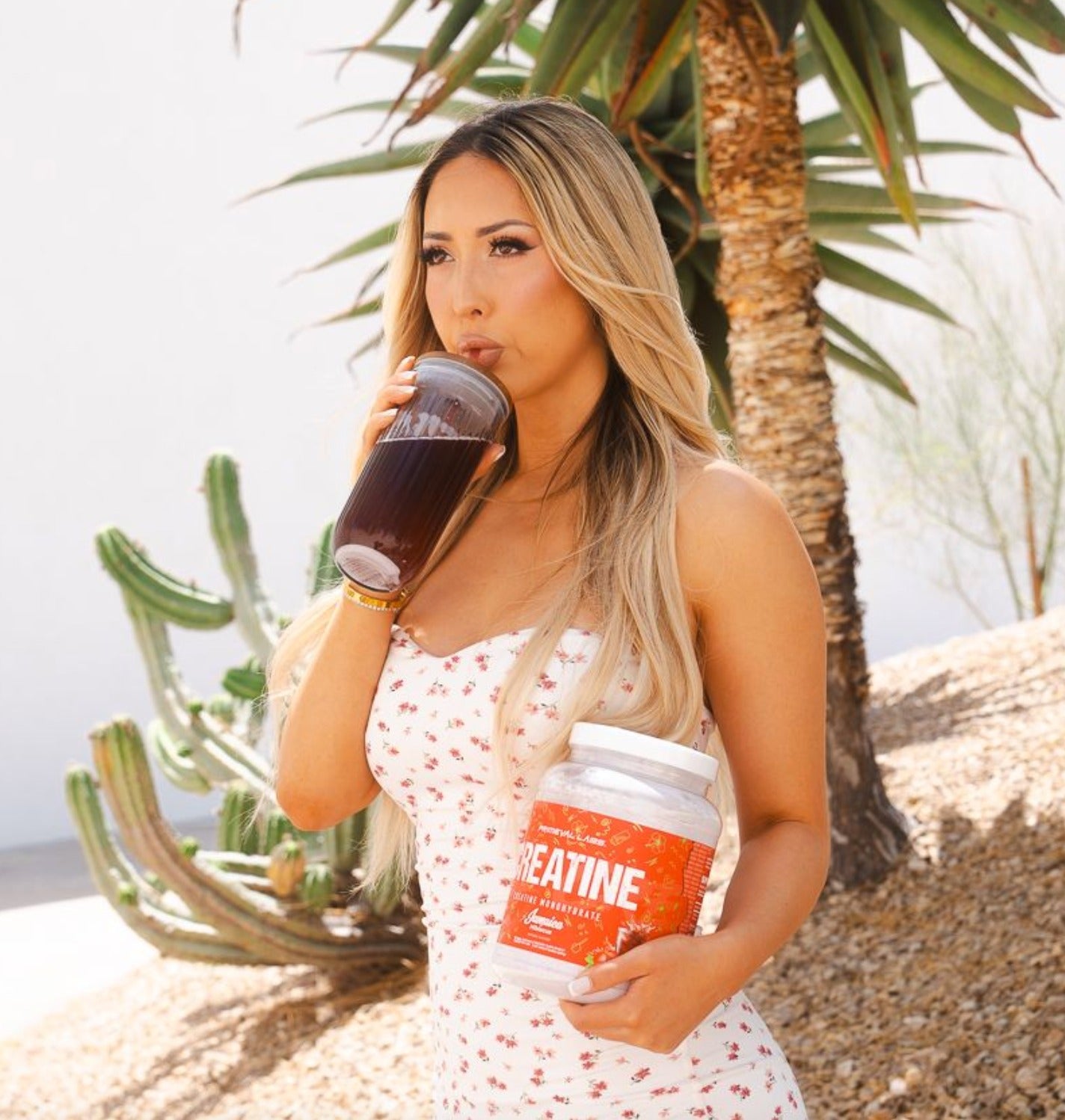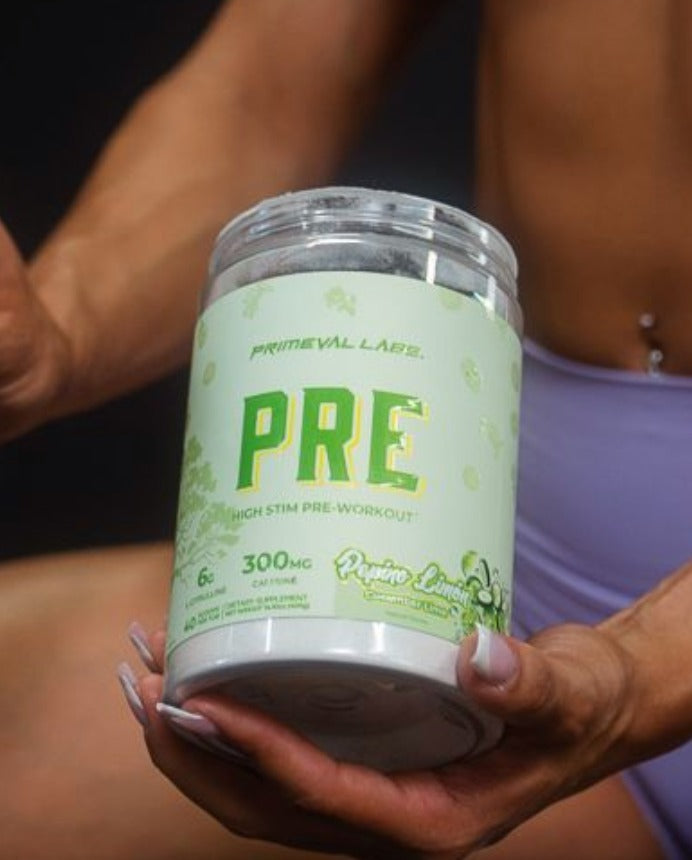When looking to build muscle or burn fat, we tend to focus on the big picture items, such as
- Eating the right number of calories
- Eating enough protein
- Training hard
- Getting enough sleep
One of the many areas that is not as heavily discussed regarding its ability to enhance performance, recovery, and growth is hydration. Research suggests that even a little as a 2% reduction in hydration levels can lead to cramping, fatigue, and significantly decreased performance.
While you may have heard drinking sufficient amounts of water each day is important (and it is), you also need to consume enough electrolytes.
The truth is that electrolytes impact hydration status just as much as water intake does.
Today, we discuss what are electrolytes and why you need them for optimal performance and recovery.
What Are Electrolytes?
Electrolytes are charged minerals that play a role in many essential processes in the body.
In addition to supporting hydration, electrolytes also are involved with:
- Nerve impulse conduction
- Muscle contraction
- Regulating heartbeat
- Regulating pH levels in the body
Notable electrolytes found in your body include:
- Sodium
- Potassium
- Magnesium
- Calcium
- Chloride
- Phosphate
- Bicarbonate
Let’s now take a closer look at the “heavy hitter” electrolytes in the body, beginning with…
Sodium
Sodium is involved in regulation blood pressure and blood volume. It also helps maintain fluid balance outside of the cell, and it is required for optimal muscle function.
Moreover, muscle tissue and neurons are activated by sodium activity, which means that if there is a sodium deficiency, the contractile power of your muscles can be limited/slowed and they may eventually cramp.
Sodium is also one of the major electrolytes lost through sweating. In fact, research estimates that sweat contains between 40–60 mmol of sodium per liter on average. It should be mentioned that this is an estimate and the actual amount of electrolytes lost via sweating will vary from one individual to another.
At a bare minimum, the human body needs ~500mg / day to function properly, with a recommended intake not to exceed 2,300 mg of sodium daily. This is approximately 1 teaspoon of salt.
Research on athletes has shown that they can lose as much as 8,500mg of sodium over just two hours. Unconditioned athletes have been known to lose even more sodium when exercising in the heat.
Exercise performance and recovery will be impaired if these depleted minerals and fluids are not replaced.

Potassium
While sodium is responsible for regulating extracellular fluid levels, potassium is responsible for regulating fluid levels inside the cell. In fact, potassium is the most abundant intracellular cation.
It plays an essential role in regulating muscle function and heartbeat.
Regarding performance, potassium forms the other half of the electrical pump that maintains electrolyte balance and allows conductivity between cells. This also makes potassium an important player in neurotransmission, which is how nerve cells communicate.
Deficiencies in potassium can lead to constipation, fatigue, muscle weakness, and malaise as well as increase blood pressure, kidney stone risk, bone turnover, urinary calcium excretion, and salt sensitivity.
Foods rich in potassium include:
- Legumes
- Potatoes
- Bananas
- Dark leafy greens
- Avocados
Magnesium
Magnesium is an essential electrolyte and an important cofactor in 300+ biological processes, including the synthesis of RNA and DNA.
It’s required for bone development, energy production, oxidative phosphorylation, and glycolysis. Magnesium also plays an important role in the synthesis of glutathione -- one of the most powerful antioxidants in the body.
This valuable mineral also supports active transport of potassium and calcium ions across cell membranes, a process which affects everything from nerve impulse conduction to muscle contraction to normal heart rhythm.
Deficiencies in magnesium can lead to loss of appetite, nausea, vomiting, fatigue, and weakness as well as numbness, tingling, muscle contractions and cramps.
Foods rich in magnesium include:
- Green leafy vegetables
- Legumes
- Nuts
- Seeds
- Whole grains
Calcium
The mineral that “does a body good,” calcium is the most abundant mineral in the body, the majority (99%) of which is stored in the skeleton.
Aside from bone development and maintenance, calcium is required for vasodilation, vascular contraction, muscle function, nerve transmission, intracellular signaling and hormonal secretion.
Calcium deficiency can lead to numbness and tingling in the fingers, muscle cramps, convulsions, lethargy, poor appetite, and abnormal heart rhythms.
Foods rich in calcium include:
- Dairy (yogurt, cheese, milk, etc.)
- Sardines
- Tofu
- Salmon
- Dark leafy greens (turnip greens, kale, etc.)
Phosphorous
Next to calcium, phosphorus is the most abundant mineral/electrolyte in the body. It works in tandem with calcium to support strong, healthy bones and teeth.
Phosphorus also serves an important component of ATP and cell membranes.
Additionally, phosphorus also plays a key role in the activation of various enzymes, the regulation of gene transcription, and maintenance of normal pH in extracellular fluid.
Deficiencies in phosphorus are rare, but they can lead to anemia, increased infection risk, muscle weakness, bone pain, rickets, paresthesias, ataxia, and confusion.
Foods high in phosphorus include:
- Beef
- Chicken
- Fish
- Organ meats (liver)
- Dairy
- Legumes
Do I Need to Supplement with Electrolytes?
As we mentioned at the outset, hydration is a very individualized thing. A great many factors go into figuring out an individual’s hydration needs, including diet, training intensity, training environment, fluid intake, etc.
Suffice it to say that a sedentary individual working a desk job doesn’t have nearly the electrolyte requirements that an athlete who trains outdoors during the summer does.
As with all things, the foundation of your electrolyte intake should come from your diet.
However, individuals that are highly active may need to supplement their intake, particularly if they are engaged in prolonged endurance exercise and/or exercising in hot environments.
If you’re looking to supplement your electrolyte intake, our preferred supplement is Primeval Labs ELECTROLYTE.
Electrolyte is a great-tasting electrolyte matrix formulated to give hard-training athletes a boost before, during, or after training.
Each serving of Electrolyte provides quality doses of essential electrolytes, including:
- Sodium
- Potassium
- Magnesium
- Phosphorous
- Calcium
Electrolyte can be consumed anytime of day, and it can also be stacked with any of our pre, intra, or post workout supplements, including Mega Pre, Mega Pre Red, Mega Pre Black, or Ape Sh*t.
References
- Turner MJ, Avolio AP. Does Replacing Sodium Excreted in Sweat Attenuate the Health Benefits of Physical Activity? Int J Sport Nutr Exerc Metab. 2016 Aug;26(4):377-89. doi: 10.1123/ijsnem.2015-0233. Epub 2016 Feb 3. PMID: 26841436.













Leave a comment
This site is protected by hCaptcha and the hCaptcha Privacy Policy and Terms of Service apply.